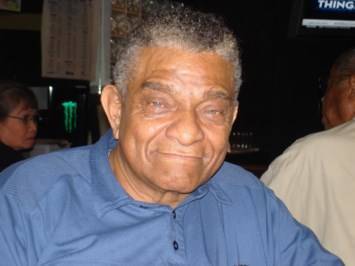In 2023, aboard the Carnival Magic cruise ship returning to Norfolk from the Bahamas, a distressing incident unfolded involving Alonzo Bristol, an 88-year-old retired Air Force veteran. Mr. Bristol, experiencing dizziness, collapsed from a heart attack in the ship’s hallway and tragically passed away. This incident has brought to light significant concerns regarding medical emergency responses on cruise ships and the legal complexities families face under the Death on the High Seas Act (DOHSA).
The DOHSA, a law established in 1920, governs the compensation for deaths occurring on the high seas, beyond three nautical miles from the U.S. shoreline. It restricts compensation to pecuniary losses like lost wages and financial support, excluding claims for pain, suffering, or emotional distress. This law presents substantial challenges for families like the Bristols, seeking justice and fair recompense in the wake of maritime tragedies.
Following Mr. Bristol’s death, his family encountered difficulties in pursuing legal action, with many attorneys pointing to the limitations imposed by the DOHSA. The incident not only spotlights the need for modernizing maritime laws but also the necessity for enhanced medical readiness on cruise ships.
For those seeking a concise overview of this incident and its implications under the Death on the High Seas Act, I provide a brief summary that delves into the Bristol family’s experience and the broader impact on maritime legal frameworks and passenger safety considerations.








